20 Books Billionaire Bill Gates Recommends Get a jump on your summer reading list with these suggestions from the billionaire and philanthropist.
By Nina Zipkin

This week, Bill Gates took to Twitter to provide some advice to the graduating class of 2017.
1/ New college grads often ask me for career advice. At the risk of sounding like this guy…https://t.co/C68mjJ5g44
— Bill Gates (@BillGates) May 15, 2017
Gates exhorted the new grads to fight inequity, spread progress and surround themselves with people who push them to be their best selves in his 14-part tweetstorm.
Related: Billionaire Bill Gates Tweets Advice to New Graduates
He also recommended a book by Harvard psychology professor Steven Pinker called The Better Angels of Our Nature: Why Violence Has Declined. Gates said it is "the most inspiring book I've ever read." And let it be known that the Gates bump is real: Pinker's book is currently sitting at the number one spot on the Amazon bestseller list, leaving perennial graduation season favorite, Oh, the Places You'll Go! by Dr. Seuss in the dust at number three.
We're sure that Gates has an incredibly busy schedule overseeing the Bill & Melinda Gates Foundation, but that hasn't prevented him from being quite the voracious reader. As someone who flies around the world on a pretty regular basis, it would make sense that he would need a wealth of reading material.
He frequently reviews and recommends books on a variety of subjects from big academic tomes about public health to sprightly romantic comedies. Read on for 20 Gates-approved books that you can add to your reading list.
For a better understanding of ourselves
I Contain Multitudes: The Microbes Within Us and a Grander View of Life by Ed Yong
Why Gates is a fan: "Yong succeeds in his intention to give us a 'grander view of life' and does so without falling prey to grand, unifying explanations that are far too simplistic. He presents our inner ecosystems in all their wondrous messiness and complexity. And he offers realistic optimism that our growing knowledge of the human microbiome will lead to great new opportunities for enhancing our health."For an appreciation of a brief life well lived
When Breath Becomes Air by Paul Kalanithi
Why Gates is a fan: "I don't know how Kalanithi found the physical strength to write this book while he was so debilitated by the disease and then potent chemotherapy. But I'm so glad he did. He spent his whole brief life searching for meaning in one way or another -- through books, writing, medicine, surgery, and science. I'm grateful that, by reading this book, I got to witness a small part of that journey. I just wish the journey hadn't been cut so short."
For an examination of a science fiction future
Seveneves by Neal StephensonWhy Gates is a fan: "The other thing that struck me is the way the book pushes you to think big and long-term. If everyone learned that the world would end two days from now, there would be global panic, plus a big dose of hedonism. But what if it were ending two years from now? Would people keep going to work? Would kids go to school? If they did, what would you teach them?"
For environmentally sound building solutions
Sustainable Materials With Both Eyes Open by Julian M. Allwood and Jonathan M. Cullen
Why Gates is a fan: "I was surprised to learn how many opportunities there are to reduce overall use of materials. For example, although I knew about basic recycling efforts like collecting aluminum cans at the office, I hadn't realized how much reuse is possible at an industrial level. The authors argue that when a product -- say, a building or car -- is discarded, the materials in it are often still usable. (Reusing is much better than recycling, because recycling takes yet more energy.) If you throw out your old refrigerator, the steel is probably still in good condition. So is the steel in old buildings, as long as there hasn't been a fire or earthquake. It could be reused, if you could take it apart easily and get it to someone who wanted that shape."
For a peek behind the curtain at global diplomacy
Interventions: A Life in War and Peace by Kofi Annan
Why Gates is a fan: "It was helpful to learn about the other side of Annan's work at the UN -- peacekeeping issues and the work of the Security Council. It is clearly very challenging work. One day, the Secretary-General has to be an impartial arbiter of disputes among member states. The next, he has to challenge member countries he believes are not acting in the interest of world peace. Surviving in that position for 10 years says a lot about Annan's diplomatic skills."
For an understanding of how numbers could help save lives
Epic Measures: One Doctor. Seven Billion Patients by Jeremy Smith
Why Gates is a fan: It's a highly readable account for anyone who wants to know more about Chris [Murray's] work and why it matters. As Smith says, it is "the story of a huge independent effort, years in preparation, to do nothing less than chart everything that threatens the health of everyone on Earth, and make that information publicly available to doctors, health officials, political leaders, and private citizens everywhere.'"For an exploration of what it means to be human
Sapiens: A Brief History of Humankind by Yuval Noah Harari
Why Gates is a fan: "Harari tells our history in such an approachable way that you'll have a hard time putting it down. He uses vivid language, photos, and diagrams to illustrate his points. He's also an agile writer, deftly weaving in entertaining historical stories, like the importance of sauerkraut in sea exploration and why the earliest known written words from 5,000 years ago are a bit underwhelming."
For an interrogation of the status quo when it comes to food sources
Should We Eat Meat? by Vaclav Smil
Why Gates is a fan: "I can't think of anyone better equipped to present a clear-eyed analysis of this subject than Vaclav Smil. I have written several times before about how much I admire Smil's work. When he tackles a subject, he doesn't look at just one piece of it. He examines every angle. Even if I don't agree with all of his conclusions, I always learn a lot from reading him."
For an education about the complexity of life
The Vital Question by Nick Lane
Why Gates is a fan: "Nick has a very scientific demeanor. In reading his books and talking to him, I never got the impression that he was claiming more than he should or trying to pull a fast one on the reader. It's always clear where he's citing someone else's work and where he's building out his own ideas. And he would be the first to tell you that some of his ideas might be wrong."For insight into how math impacts your life
How Not to Be Wrong: The Power of Mathematical Thinking by Jordan Ellenberg
Why Gates is a fan: "The writing is funny, smooth, and accessible -- not what you might expect from a book about math. What Ellenberg has written is ultimately a love letter to math. If the stories he tells add up to a larger lesson, it's that 'to do mathematics is to be, at once, touched by fire and bound by reason' -- and that there are ways in which we're all doing math, all the time."
For those fascinated by Japan’s culture and fortunes
The Power to Compete: An Economist and an Entrepreneur on Revitalizing Japan in the Global Economy by Ryoichi Mikitani and Hiroshi Mikitani
Why Gates is a fan: "The book is a quick read at just over 200 pages. Although I don't agree with everything in Hiroshi's program, I think he has a number of good ideas. He talks about bringing more women into the workforce and encouraging more people to learn and use English. And I would love to see Japanese companies become more innovative -- not just because it will make them more competitive, but because the whole world benefits from great ideas and technologies, whoever invents them."For a new strategy to tackle big ideas
Thing Explainer: Complicated Stuff in Simple Words by Randall Munroe
Why Gates is a fan: "Thing Explainer may use a limited vocabulary, but it is filled with helpful explanations and drawings. Have you ever wondered why frozen food defrosts unevenly in a microwave oven (or, as Munroe calls it, a 'food-heating radio box')? Munroe writes: "When you put iced food in a radio box, after a while, parts of it start to turn to water. But since radio boxes are really good at heating water, those parts start to get hot really fast. They can even get so hot they start turning to air -- before all the ice is even gone!'"
For those who want to shift their point of view
Mindset: The New Psychology of Success by Carol S. Dweck
Why Gates is a fan: "One of the reasons I loved Mindset is because it's solutions-oriented. In the book's final chapter, Dweck describes the workshop she and her colleagues have developed to shift students from a fixed to a growth mindset. These workshops demonstrate that "just learning about the growth mindset can cause a big shift in the way people think about themselves and their lives.'"For a re-visitation of a controversial figure
Being Nixon: A Man Divided by Evan Thomas
Why Gates is a fan: "I was a little surprised to learn what a bad manager Nixon was. Although it doesn't compare to his other failings, Nixon's management style offers some good reminders of how not to run a team. He avoided conflict at all costs. His staff frequently left meetings with diametrically opposed views on what he had just asked them to do. Or he would be crystal-clear about what he wanted, while actually expecting his staff to ignore his demands. His team wisely blew off his repeated orders to break into the Brookings Institution, a Washington think tank, and steal a document that might be damaging to him."
For an education about what it takes to wipe out a disease
Eradication: Ridding the World of Diseases Forever? by Nancy Leys Stepan
Why Gates is a fan: "Finally, a word of warning: Eradication is written in a very academic style, and it may be a challenge for non-experts to get to Stepan's valuable arguments. It's worth the effort, though, because you come away from it with a clearer sense of what the world has learned about getting rid of diseases and how we can use that to guide the effort to save even more lives."
For a charming and unusual love story
The Rosie Project by Graeme Simsion
Why Gates is a fan: "Anyone who occasionally gets overly logical will identify with the hero, a genetics professor with Asperger's Syndrome who goes looking for a wife. (Melinda thought I would appreciate the parts where he's a little too obsessed with optimizing his schedule. She was right.) It's an extraordinarily clever, funny, and moving book about being comfortable with who you are and what you're good at. I'm sending copies to several friends and hope to re-read it later this year. This is one of the most profound novels I've read in a long time."
For a funny and honest look at dealing with anxiety and depression
Hyperbole and a Half: Unfortunate Situations, Flawed Coping Mechanisms, Mayhem, and Other Things that Happened by Allie Brosh
Why Gates is a fan: "While she self-deprecatingly depicts herself in words and art as an odd outsider, we can all relate to her struggles. Rather than laughing at her, you laugh with her. It is no hyperbole to say I love her approach -- looking, listening, and describing with the observational skills of a scientist, the creativity of an artist, and the wit of a comedian."For a closer look at materials that are more than they appear
Stuff Matters by Mark MiodownikWhy Gates is a fan: "Mark Miodownik's personal and professional obsession, as he explains in his book Stuff Matters, is basic materials we often take for granted such as paper, glass, concrete, and steel -- as well as new super-materials that will change our world in the decades ahead. I'm pleased to report that he is a witty, smart writer who has a great talent for imparting his love of this subject. As a result, Stuff Matters is a fun, accessible read."
For those who want to understand what drives leaders to enact big change
The Bully Pulpit by Doris Kearns Goodwin
Why Gates is a fan: "I'm especially interested in the central question that Doris Kearns Goodwin raises in The Bully Pulpit. How does social change happen? Can it be driven by a single inspirational leader, or do other factors have to lay the groundwork first? Sometimes a single leader can make a big difference: In the field of global health, Jim Grant almost single-handedly created a global constituency for children, sparking a movement to double vaccination rates and save millions of lives. But Roosevelt's case was different. Although he tried to push through a number of political reforms earlier in his career, he wasn't really successful until journalists at McClure's and other publications had rallied public support for change."For those who want to read Warren Buffett’s favorite book about business
Business Adventures by John Brooks
Why Gates is a fan: "Brooks's work is a great reminder that the rules for running a strong business and creating value haven't changed. For one thing, there's an essential human factor in every business endeavor. It doesn't matter if you have a perfect product, production plan, and marketing pitch; you'll still need the right people to lead and implement those plans."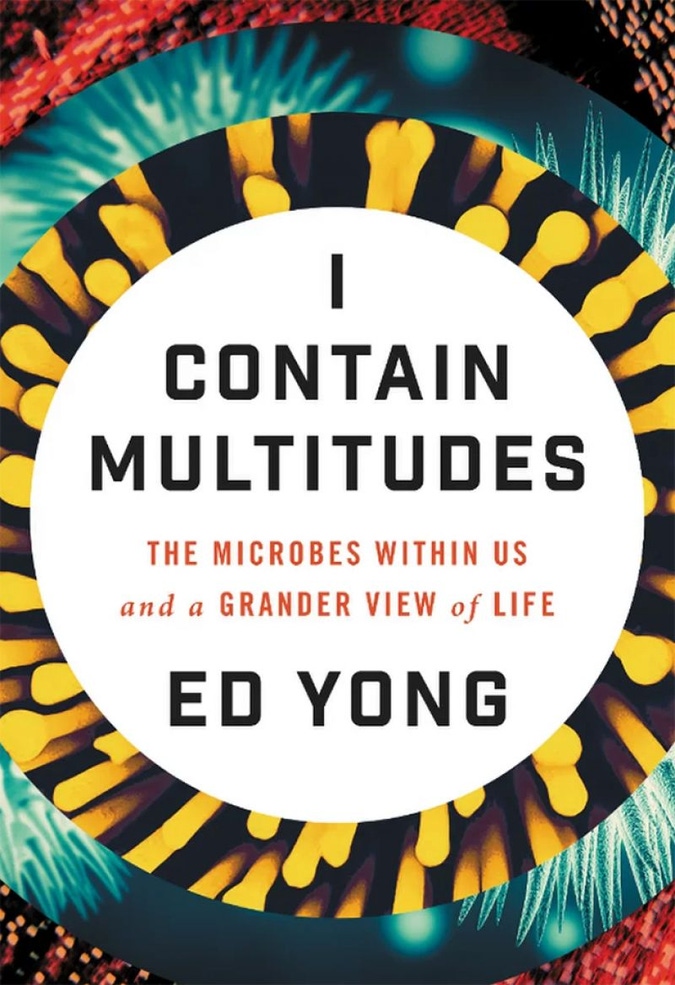 Ecco
Ecco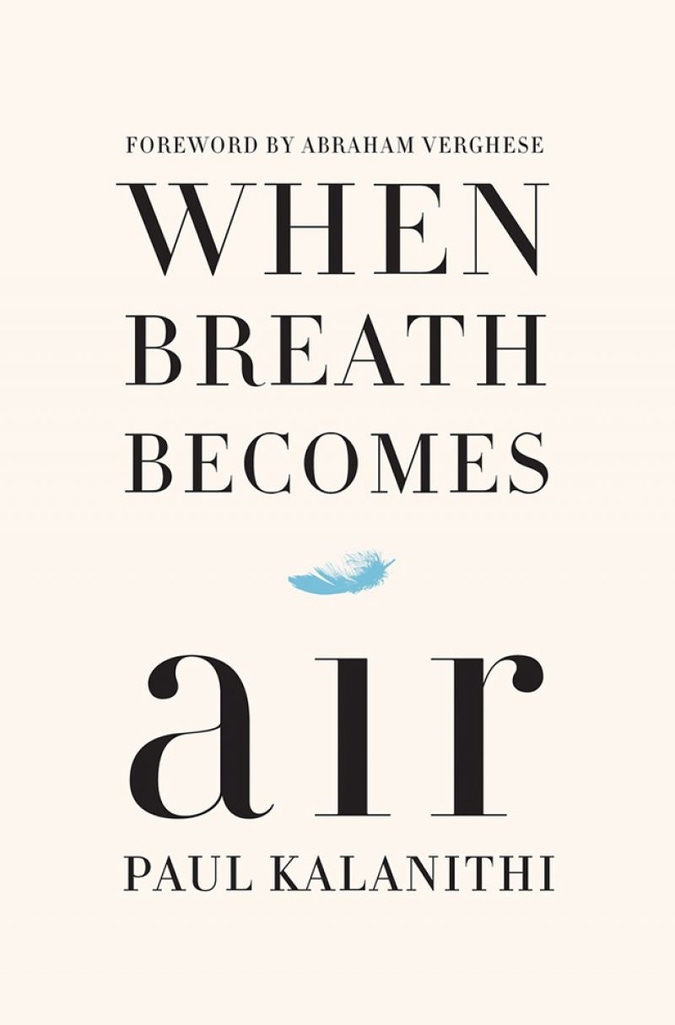 Random House
Random House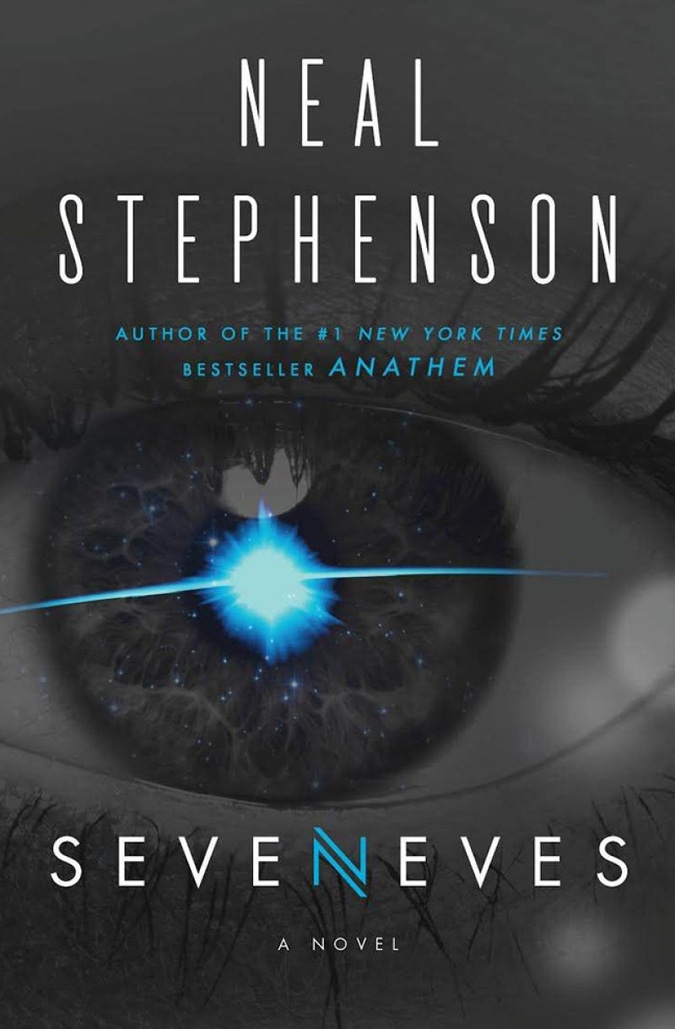 Harper Collins
Harper Collins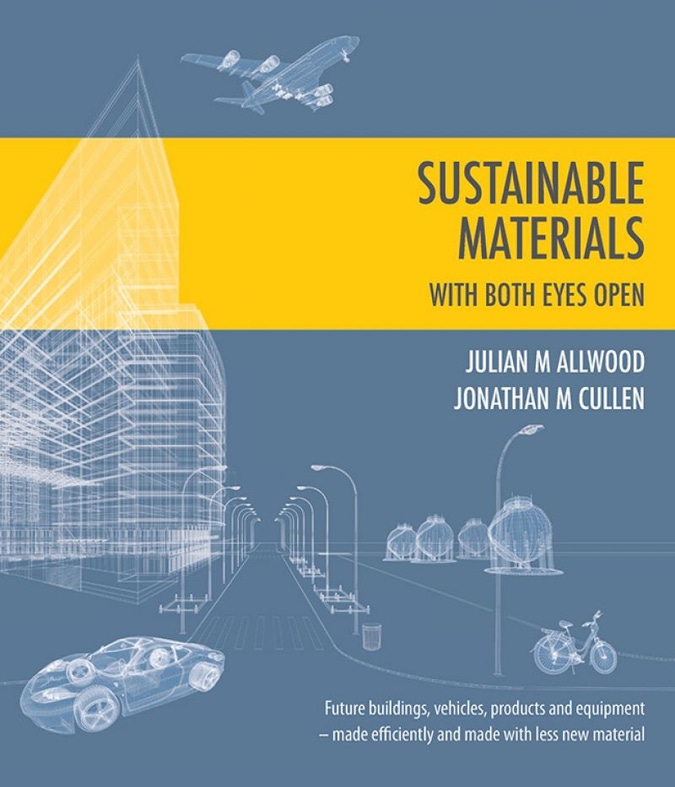 UIT Cambridge Ltd.
UIT Cambridge Ltd.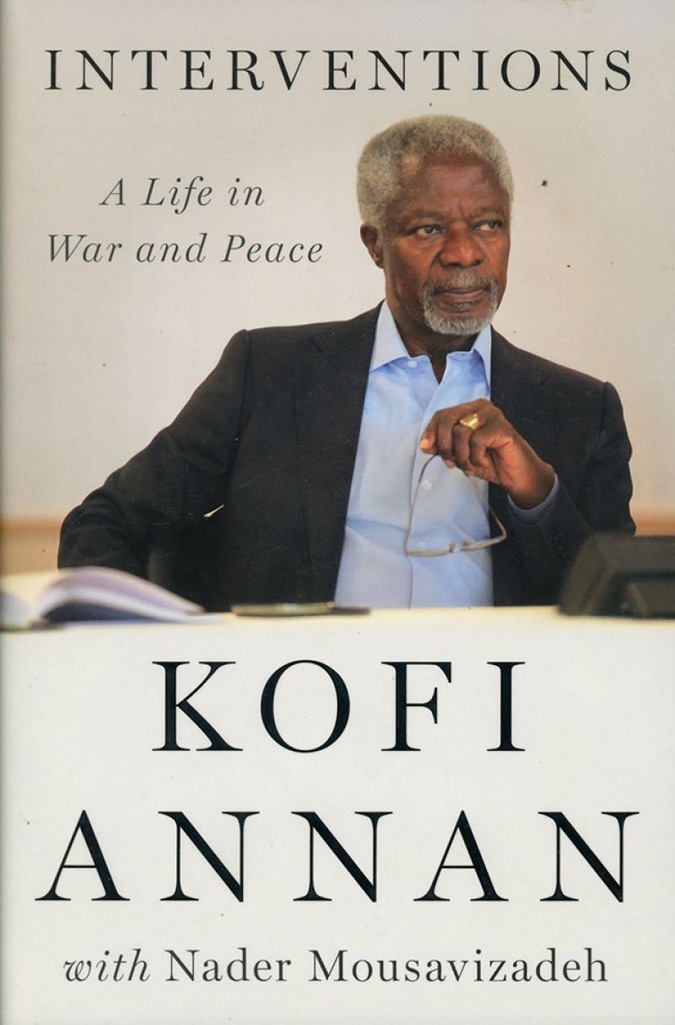 Allen Lane
Allen Lane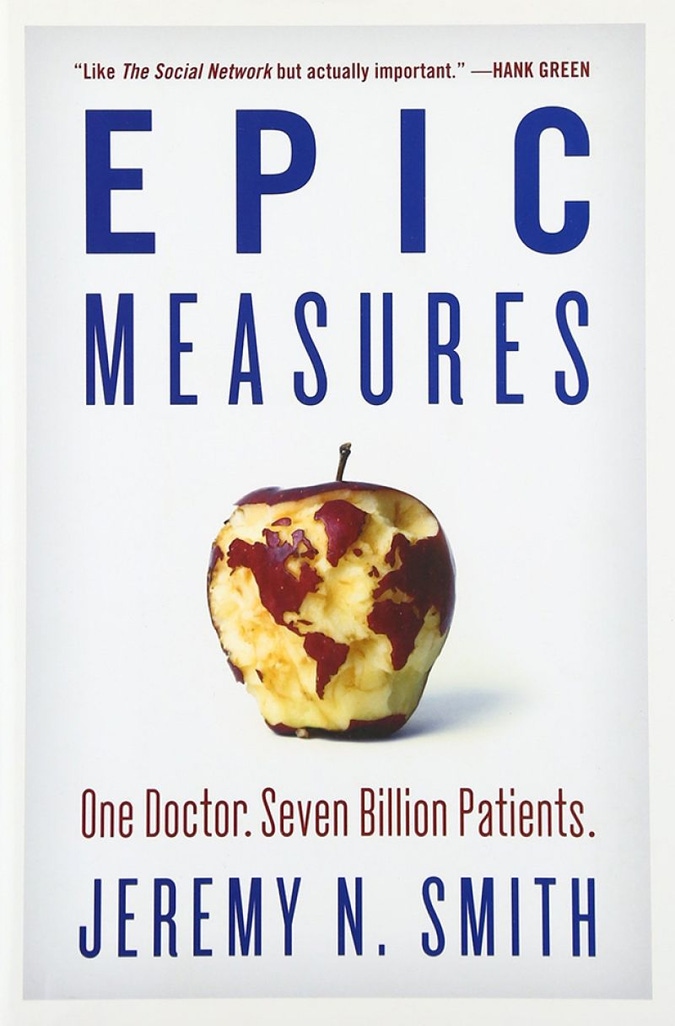 Harper Wave
Harper Wave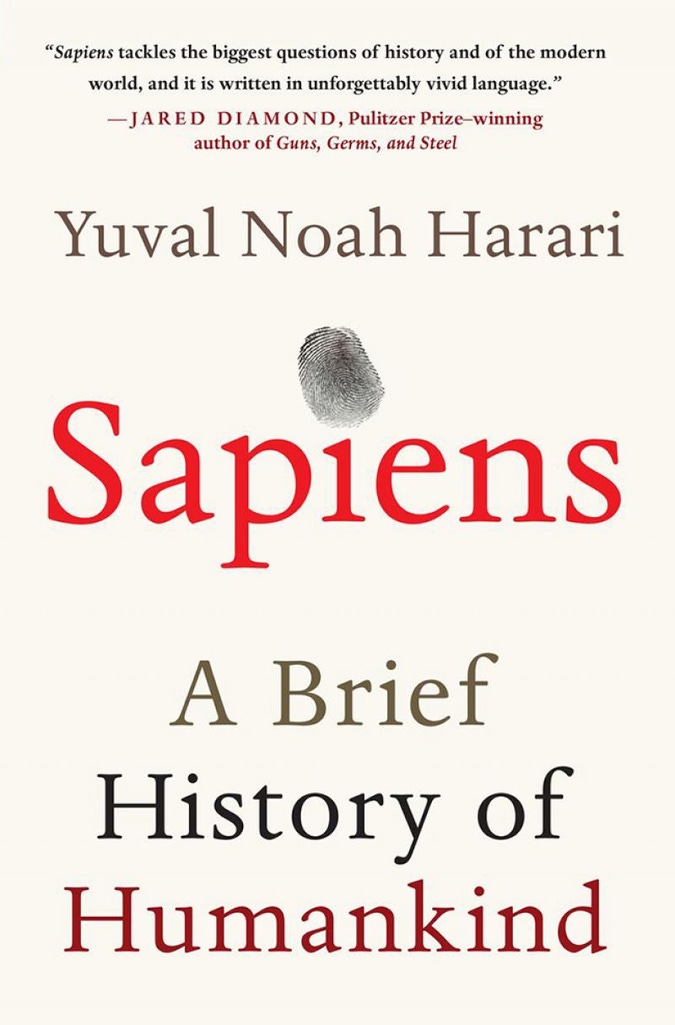 Harper
Harper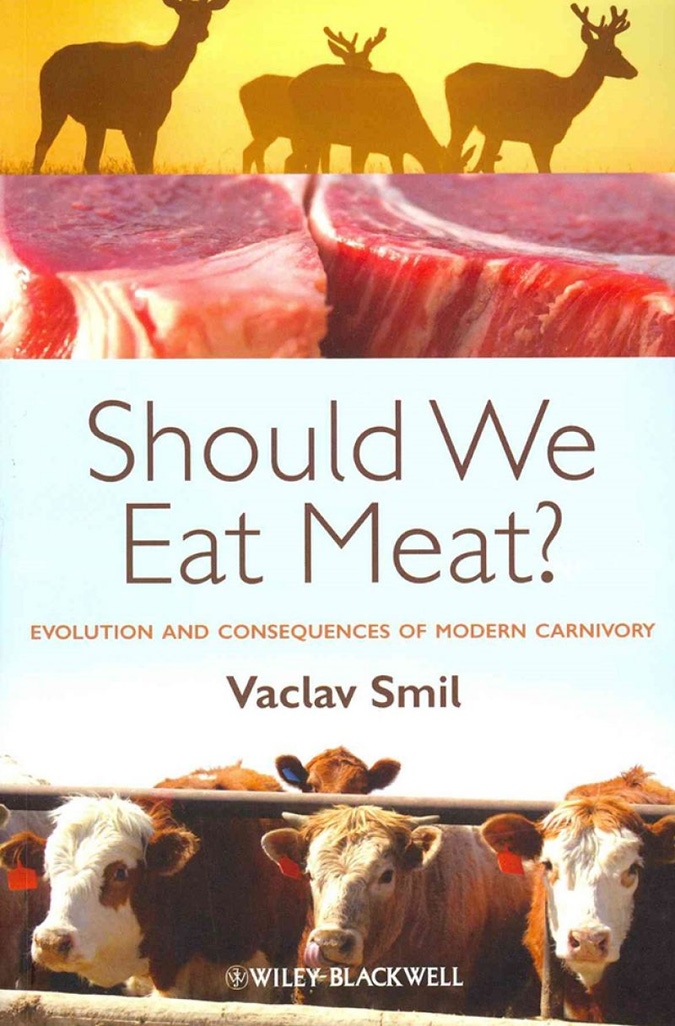 Wiley-Blackwell
Wiley-Blackwell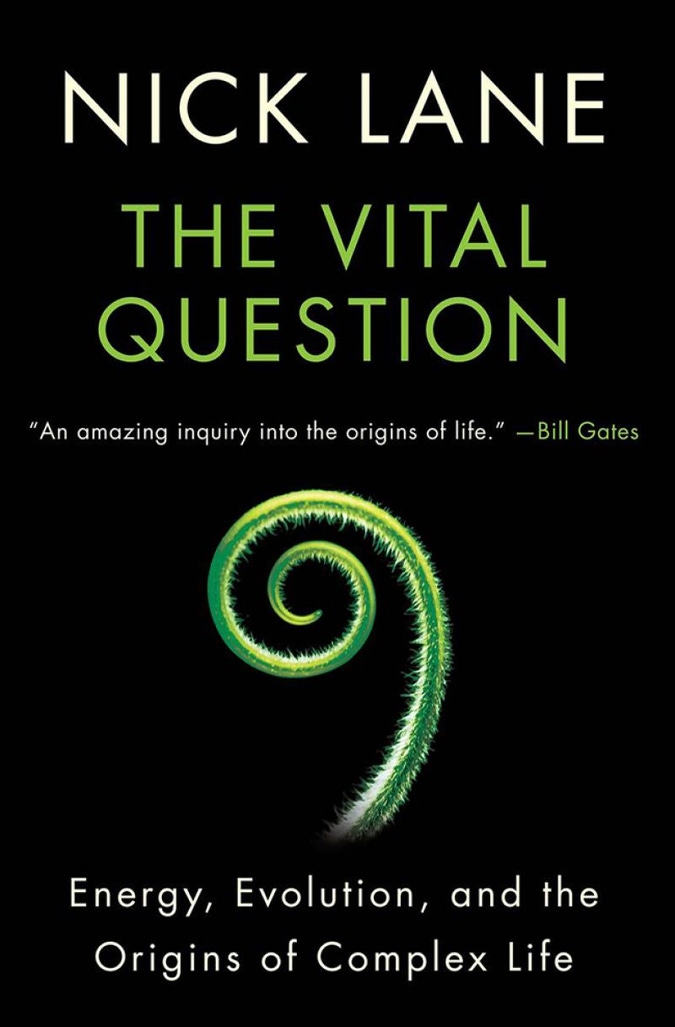 W. W. Norton & Company
W. W. Norton & Company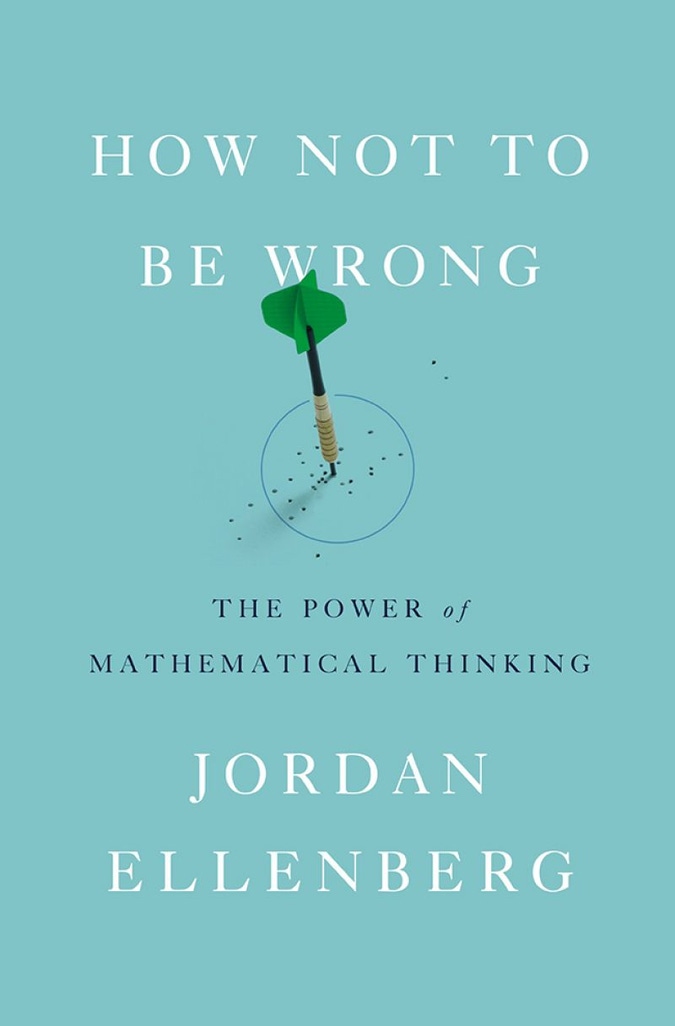 Penguin Press
Penguin Press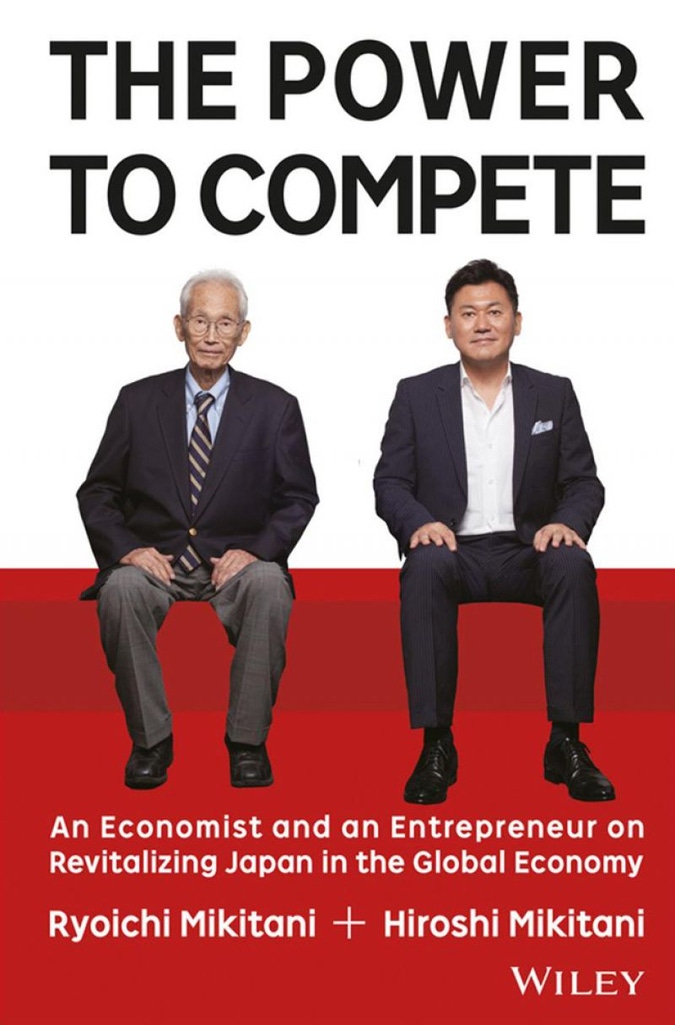 Wiley
Wiley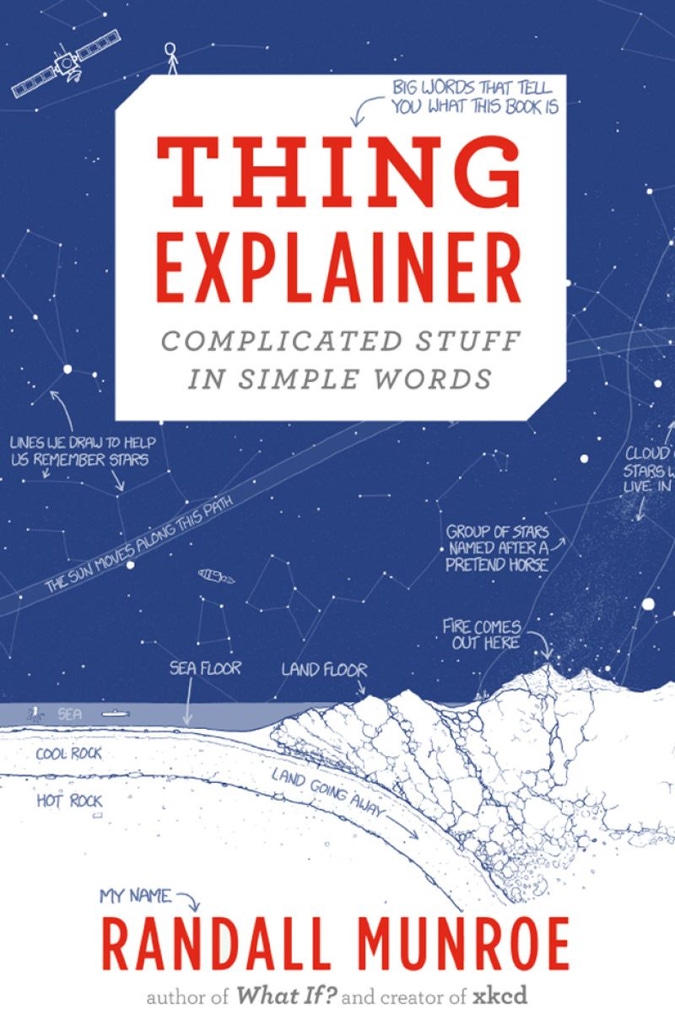 Houghton Mifflin Harcourt
Houghton Mifflin Harcourt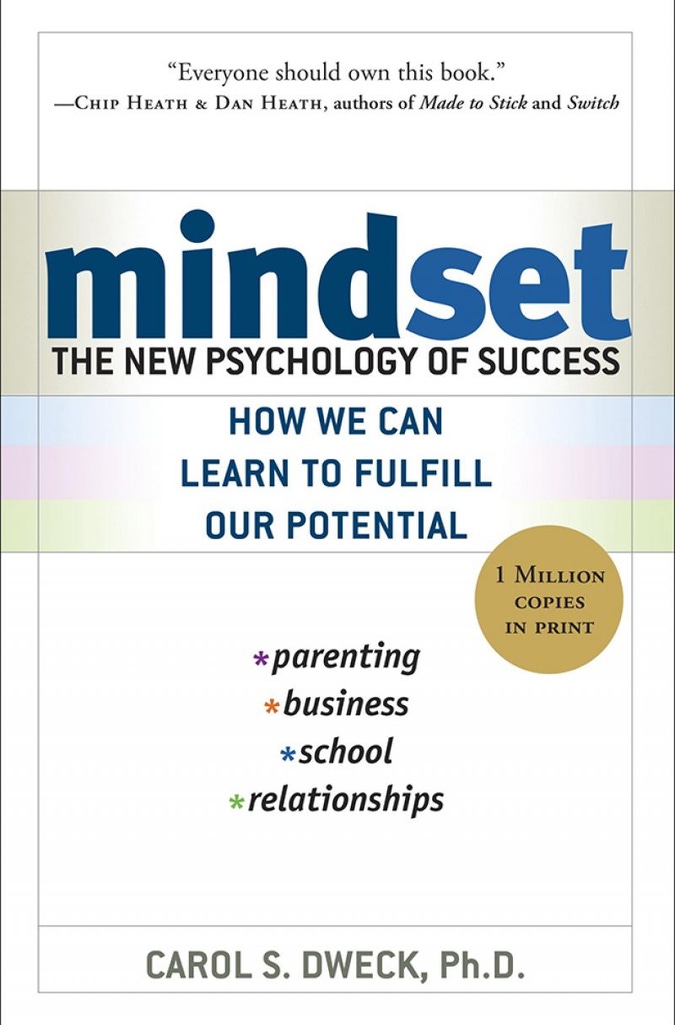 Ballantine Books
Ballantine Books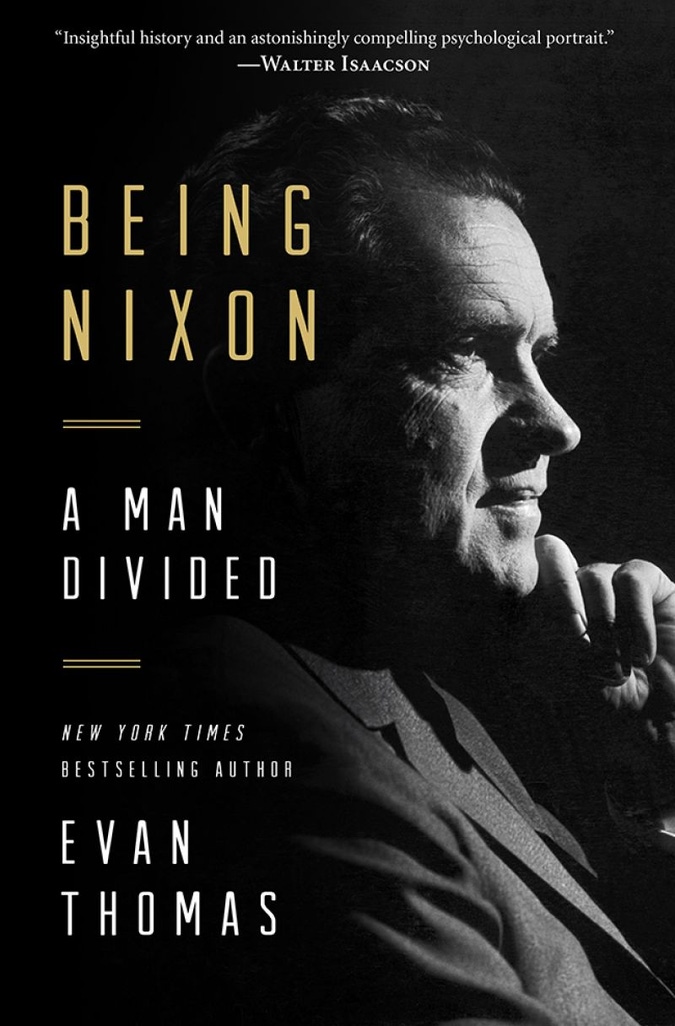 Random House
Random House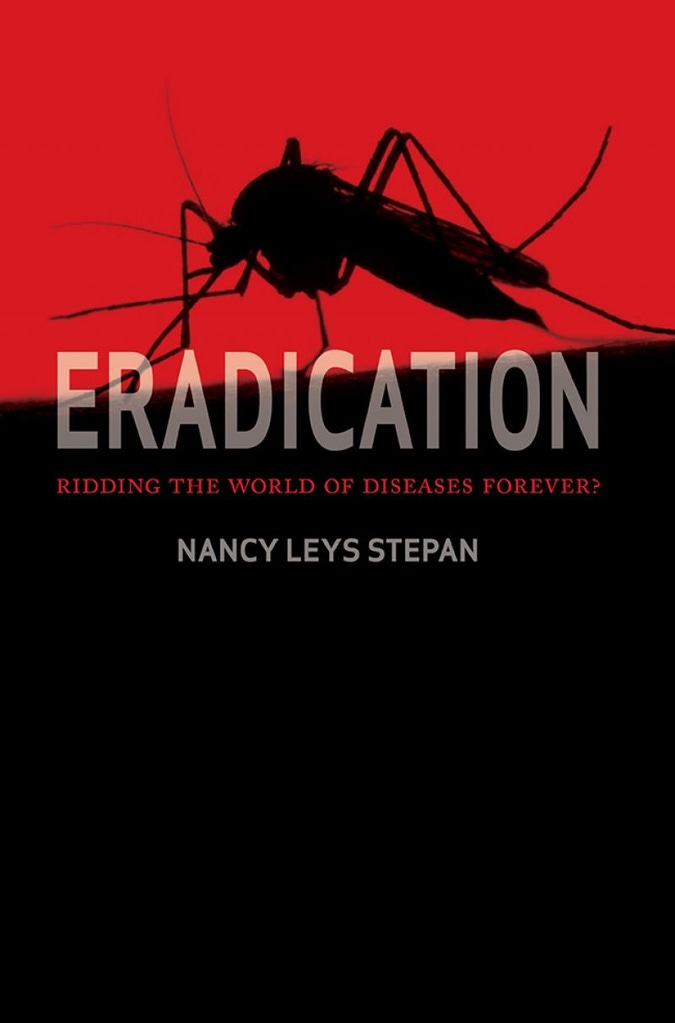 Cornell University Press
Cornell University Press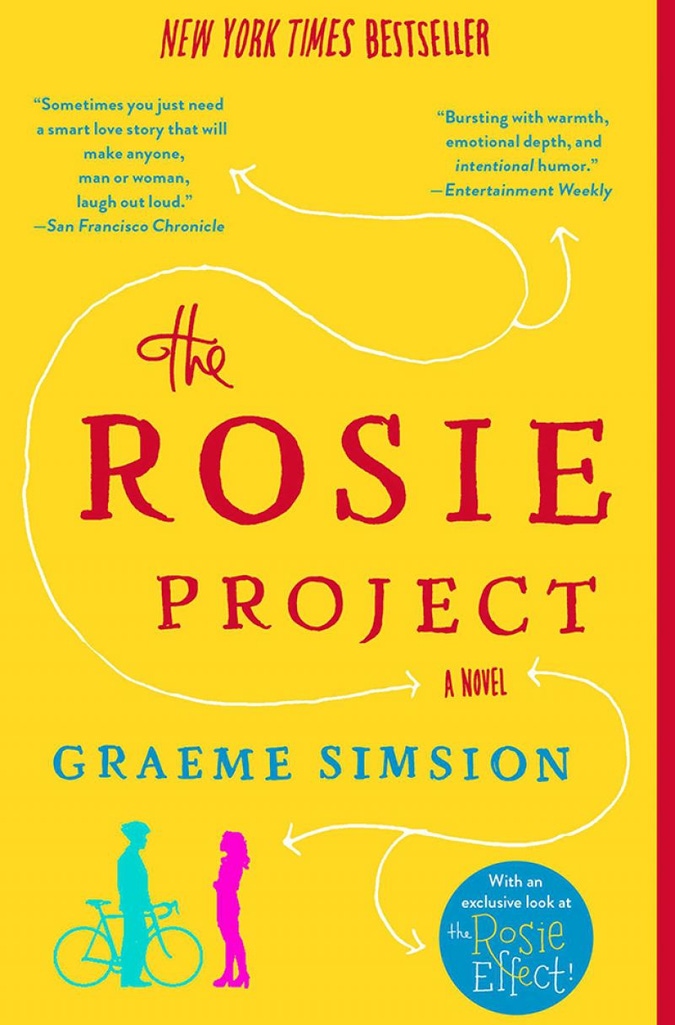 Simon & Schuster
Simon & Schuster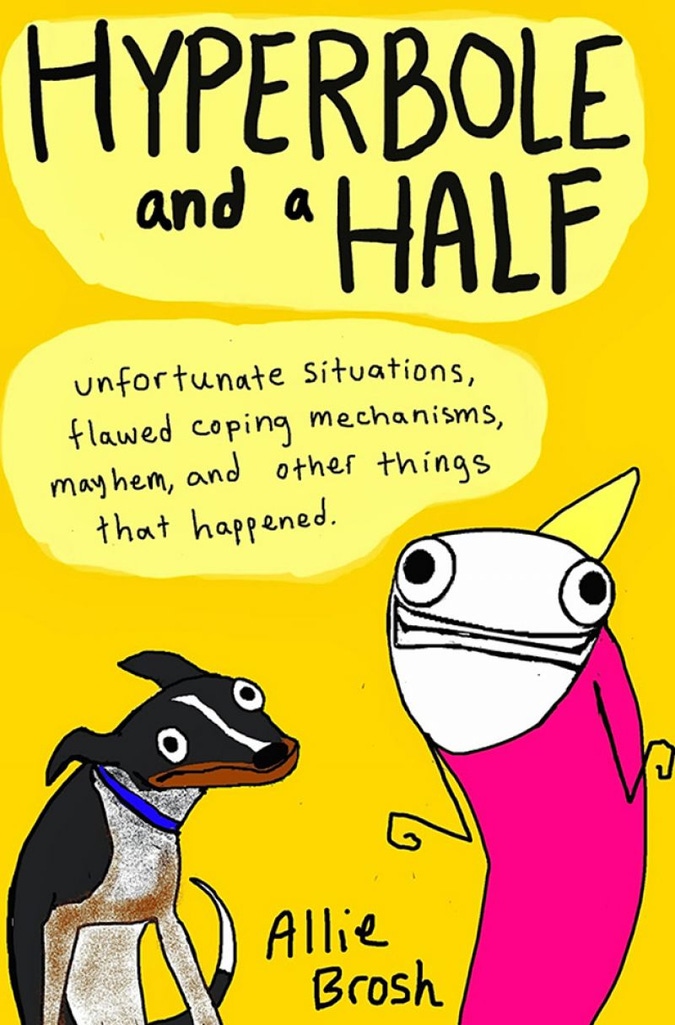 Touchstone
Touchstone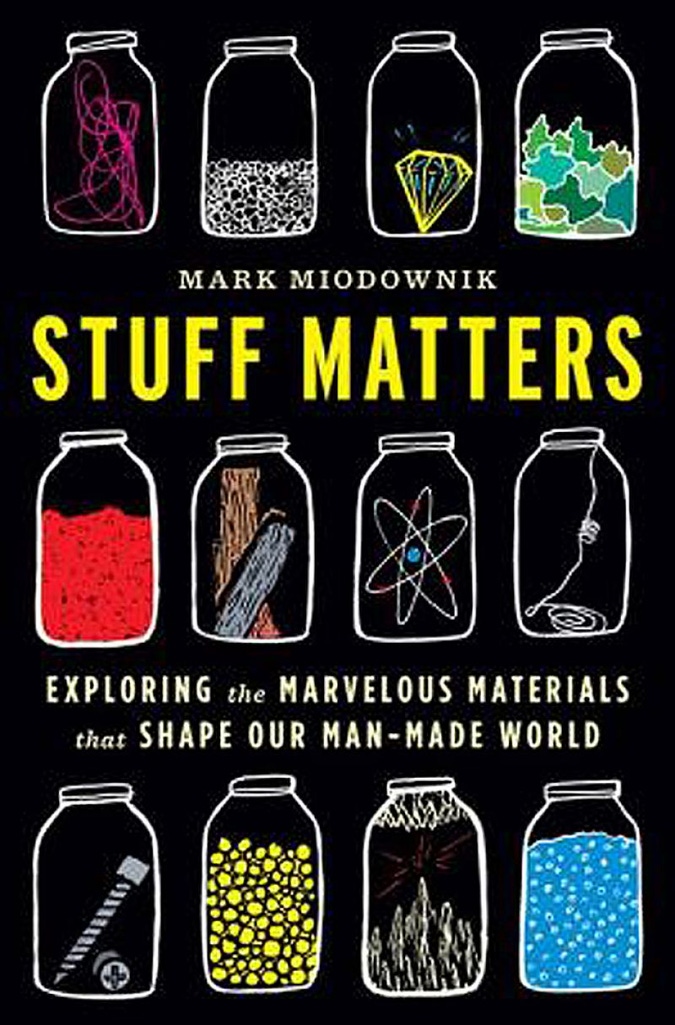 Mariner Books
Mariner Books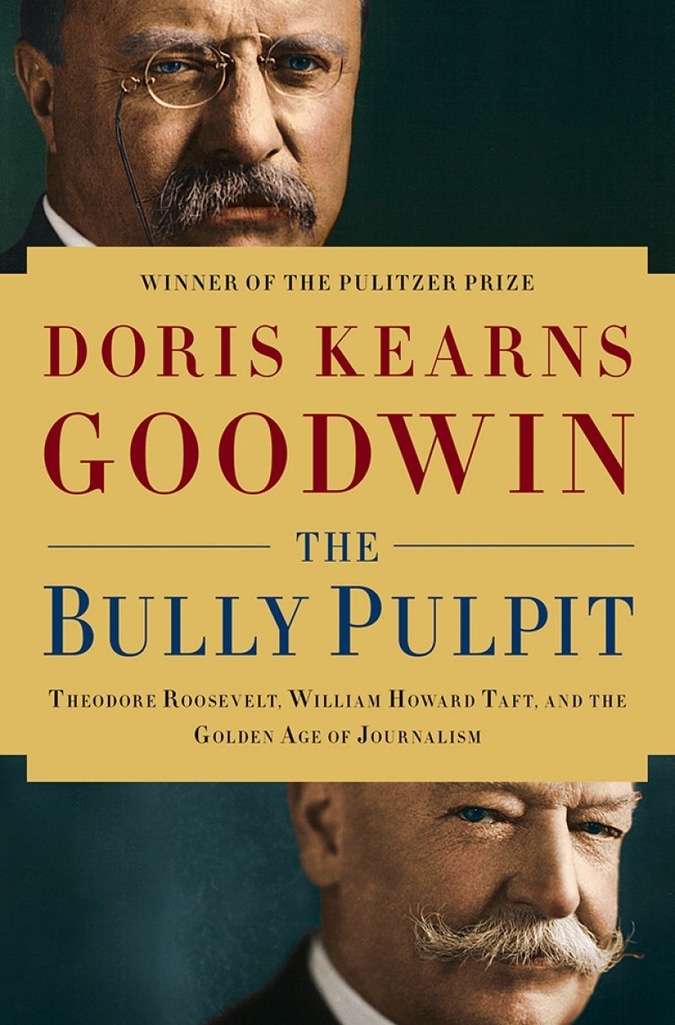 Thorndike Press
Thorndike Press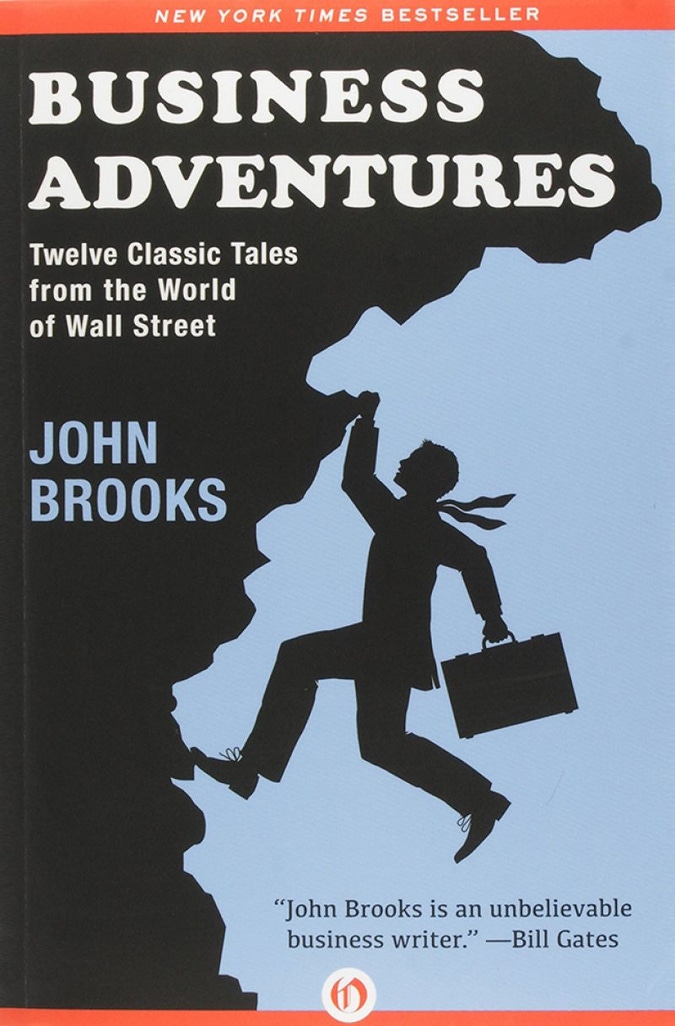 Open Road Media
Open Road Media








